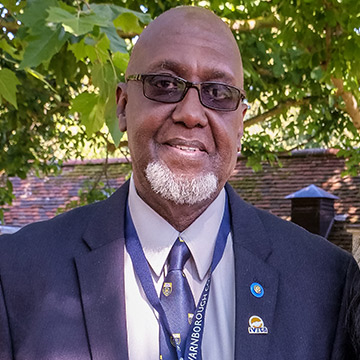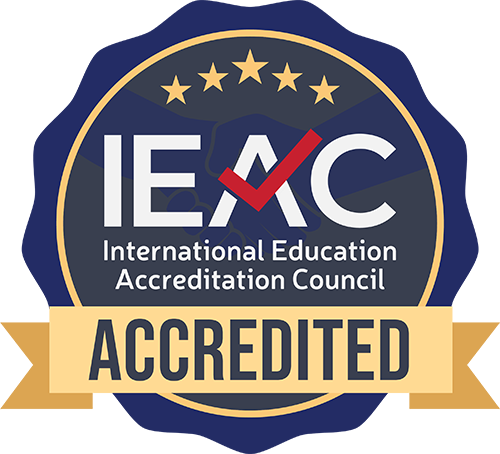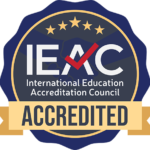Dual Degree Option
Successful candidates have the option of receiving a dual degree from the Universidad Superior de Guadalajara, a fully-accredited university in the state of Jalisco, México.
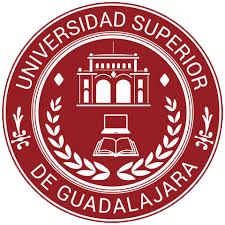
Introduction
This PhD in Higher Education Leadership aims to develop leaders with the skills, vision, and knowledge to navigate complex challenges in higher education.
Candidates use a research-driven approach to accommodate their needs and intended outcomes through a series of interlinked projects. This approach allows the possibility of deviating output and aims significantly for each individual project, as long as there is a common thread or theme throughout all of them.
The program aspires to produce thought leaders who can influence policies, lead diverse teams, and drive impactful change in higher education institutions globally.
Key Info
Duration:
3 Years minimum ^
Credits:
160 ECTS credits
Fees:
€18,000 *
Start:
Monthly
Prerequisites:
Master’s degree; or equivalent.
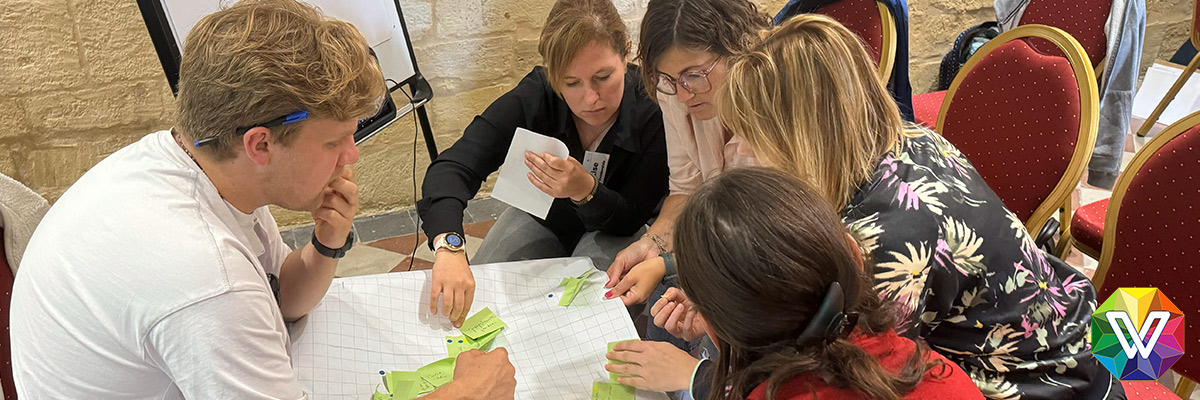
The PhD programme is designed for:
- Experienced higher education professionals seeking advanced leadership roles in academia.
- Policy advisors, consultants, and researchers with a focus on educational leadership and organizational change.
- Educators and administrators interested in exploring systemic and policy issues in higher education.
- Individuals aspiring to contribute to educational reform through research and policy development at the national or international level.
160 credits will be required for the PhD degree. In accordance with Warnborough College regulations, PhD candidates in Higher Education Leadership will need to fulfil the following requirements:
- Primer Module: Research Methodology (8 ECTS)
- PhD Project 1 (38 ECTS)
- PhD Project 2 (38 ECTS)
- PhD Project 3 (38 ECTS)
- PhD Project 4 (38 ECTS)
This programme allows candidates to tailor their research according to their needs and create outcomes that can be directly applicable to their sphere of work. Each project can have its own aims and objectives as long as there is a common thread running through all of them.
A suggested pathway:
Project 1: Needs Assessment and Contextual Analysis
- Objective: Identify and analyse the current needs, challenges, and context within the target area (e.g., educational institution leadership, team development, stakeholder engagement, etc).
- Methods: Conduct surveys, interviews, and/or focus groups to collect qualitative and quantitative data on needs, challenges, and existing conditions.
- Outcomes:
- Report on Key Findings: A detailed needs assessment report that identifies core challenges and priorities in the target area.
- Actionable Insights: A list of prioritised needs and preliminary recommendations for addressing identified issues.
- Interlinking Role: Provides foundational data and identifies target areas that will be explored in greater depth in Project 2.
Project 2: Solution Design and Stakeholder Engagement
- Objective: Based on Project 1 findings, develop potential solutions, programs, or interventions to address the identified needs. Engage stakeholders to refine and validate these solutions.
- Methods: Use design-thinking workshops, stakeholder interviews, and pilot testing of preliminary solutions.
- Outcomes:
- Proposed Solutions Document: A comprehensive design of solutions/interventions tailored to the needs identified in Project 1.
- Stakeholder Feedback Report: A summary of feedback from stakeholders on feasibility, acceptability, and potential barriers.
- Interlinking Role: Solutions and stakeholder feedback inform the design of a pilot intervention, which will be tested in Project 3.
Project 3: Pilot Testing and Evaluation of Proposed Solutions
- Objective: Implement and evaluate the solutions developed in Project 2 on a small scale to test their effectiveness, feasibility, and impact.
- Methods: Deploy the intervention in a controlled pilot study, using pre- and post-assessment tools, observation, and participant feedback to evaluate outcomes.
- Outcomes:
- Pilot Study Results: Data on the effectiveness and impact of the pilot intervention.
- Refinement Report: Identification of necessary adjustments to enhance solution efficacy and scalability.
- Interlinking Role: Provides data on solution impact and areas for refinement, which will guide the development of a full-scale implementation strategy in Project 4.
Project 4: Full-Scale Implementation and Long-Term Impact Assessment
- Objective: Implement the refined solution on a larger scale and evaluate its long-term impact and sustainability.
- Methods: Use a longitudinal study design, employing surveys, outcome metrics, and in-depth interviews to measure success over time.
- Outcomes:
- Final Impact Assessment Report: Comprehensive evaluation of the solution’s long-term effects on target outcomes.
- Best Practices and Scalability Guide: A guide on best practices for scaling the solution and recommendations for future applications.
- Interlinking Role: Consolidates all findings and generates final recommendations, potentially opening pathways for further research or policy changes.
This program is offered via distance learning. At the graduate level, students are expected to be highly self-motivated and capable of independent work.
The program uses research strategically to lead towards clear and practicable outcomes. It suits students who are analytical thinkers but who want a framework that can help them create clear outcomes in real work settings.
Students may be exempt from some credits based on prior courses taken, and/or demonstrated knowledge of educational leadership and related disciplines.
Upon satisfactory completion of all requirements, students will receive the Doctor of Philosophy in Higher Education Leadership degree. There are no other exit points in the program.
Program Director: Dr Julian Ng
Dr Julian Ng has been working as an educator and in the field of education for nearly 30 years. He has mentored, taught and trained in over 35 countries. His specialisations are in higher education management, quality assurance, and learning and teaching methodologies. He is an advisor to the Malta Further and Higher Education Authority and has co-authored the country's Work-Based Learning Guidelines.
* Fees:
Fees refer to tuition only. It does not include ancillary expenses such as required materials (see above), textbooks, internet connections, postage, telephone calls, insurance and printing. More…
^ Duration:
Depending upon exemptions, performance and the workload, it may take more or less time. Accreditation for Prior Learning or Experience (APEL) can reduce time and fees.
